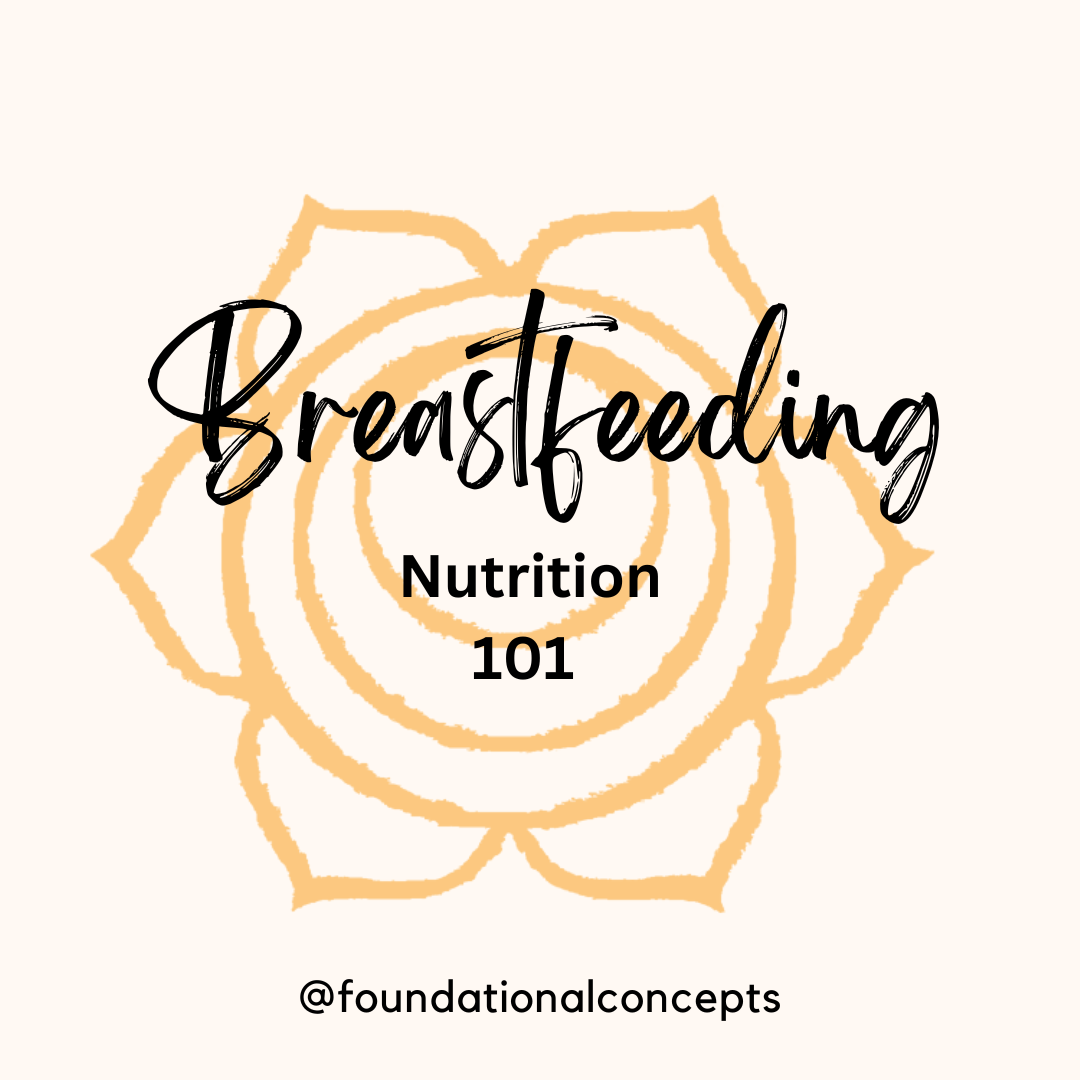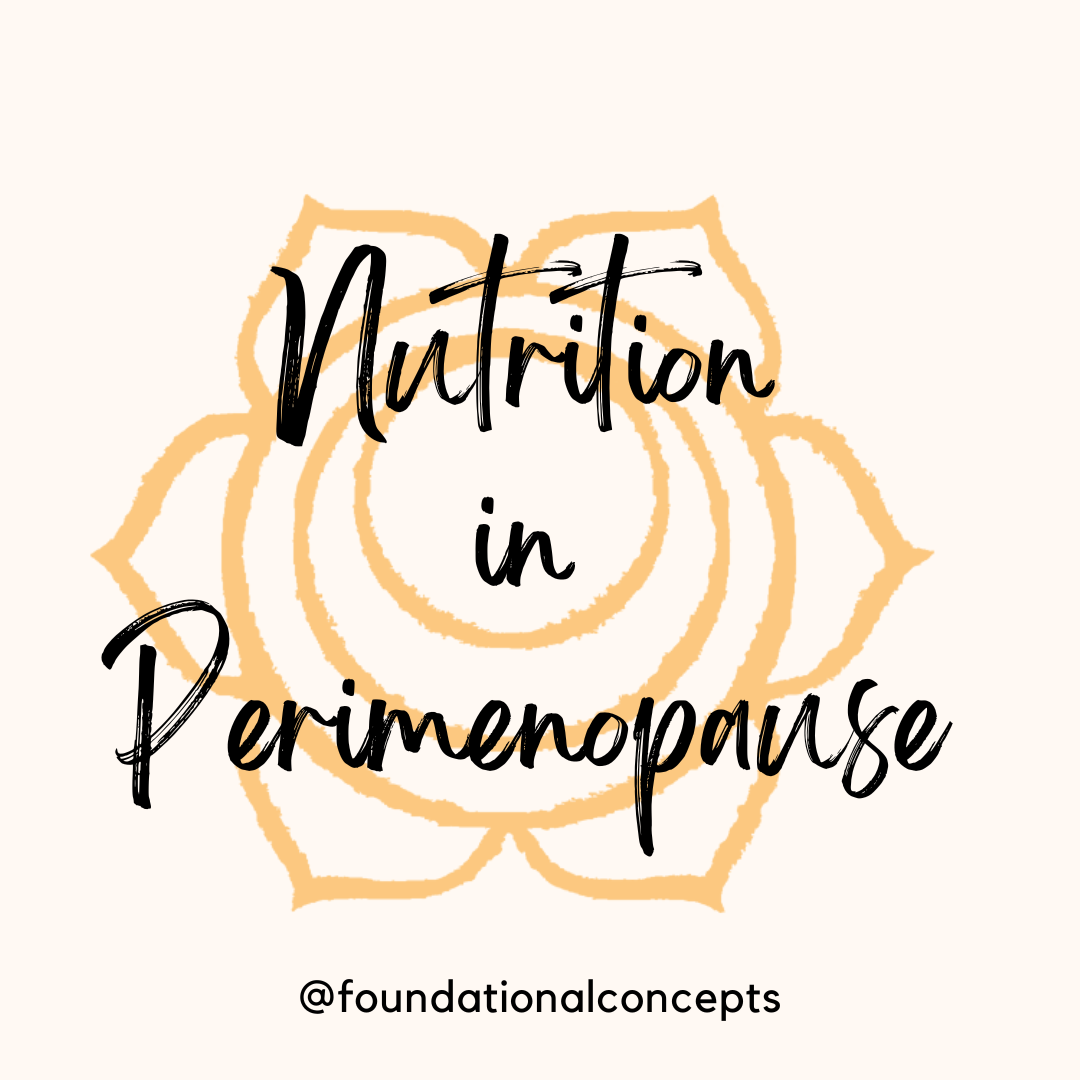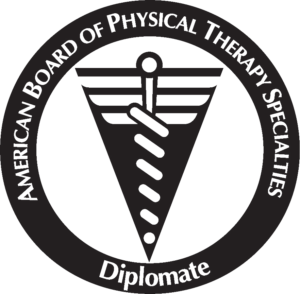Nutrition plays such an important role in our pregnancies and post-partum periods. Breastfeeding requires time…

More ways to manage constipation
Cultured foods are foods that are full of life-giving probiotics (bacteria) and nutrients that help our bodies function optimally. A few of the beneficial effects are described below.
Healthy bacteria keep the bad bacteria in check, protecting us from sickness and disease. They break down sugars and proteins and provide us with energy. The fermentation happens in our colon and the end result is the production of short chain fatty acids (SCFAs).
These SCFAs prevent overgrowth of bad bacteria by making the environment in the large intestine more acidic. The SCFAs are also a great source of energy because they are easily absorbed by the body. If the bacteria in our gut aren’t able to break down and process our food into SCFAs, our bodies excrete it without gaining the benefit of the energy that the food can provide.
Healthy gut bacteria also help:
- Control blood sugar levels
- Balance blood cholesterol levels
- Synthesize our hormones and vitamin precursors
- Balance brain function (mood and resilience from depression)
- Modulate pain (buffers the effects of stress)
- Make the body’s supply of vitamin B12, a nutrient that supports the nerves and blood cells.
Three types of foods containing probiotics and loads of B vitamins:
Kefir: Kefir is a fermented milk drink that has been around for thousands of years. It has between 30-56 strains of good bacteria that ARE the bacteria that form colonies in the gut. Compare this to yogurt which has between 7-10 strains.
Kombucha: Kombucha is a living health drink made from fermenting tea and sugar with a kombucha culture (SCOBY = acronym for symbiotic culture of bacteria and yeast). The sugar is consumed by the culture, leaving a deliciously tart and sparkling probiotic.
Fermented Vegetables: For thousands of years, people preserved their food using the process of lacto-fermentation. The result is cultured vegetables – some of the most nutritious food on the planet. Lacto-fermentation happens when Lactobacilli (a good bacteria naturally on vegetables) converts the starches and sugars of the vegetables into lactic acid (a natural preservative that inhibits growth of harmful bacteria). Lacto-fermentation also partially digests the food, starting the process of breaking it down to help our bodies with digestion and also to get the most nutrients from the food.
What about just taking a probiotic? Probiotics can be a good place to start; however, our bodies are designed to absorb nutrients from the food we consume. Probiotic foods are more diverse in their bacterial variety and carry the healthy bacteria through the whole digestive tract where they are most beneficial. The bottom line is that consuming probiotic foods such as kefir, kombucha, and cultured vegetables are more effective than taking pills.
Begin adding cultured foods SLOWLY. Especially if a condition is chronic, severe, or immunity is compromised. Gut health will need to be addressed before adding any significant amounts of cultured foods. Always begin slowly, as they are powerful detoxification agents and can create unpleasant symptoms. This can occur when injured or dead bacteria release toxins into the blood and tissues faster than the body can comfortably handle. The immune system’s response is sudden exaggerated inflammation (GI distress, stomachaches, headaches, skin rashes, diarrhea, constipation, or other flu-like symptoms). This response does not happen to everyone and is generally short-term. The more toxic your gut, the more symptomatic you may be.
Once your body is used to cultured foods, they can be enjoyed more consistently. It is recommended that you choose one cultured food and eat or drink just a bit each day while paying attention to the effects it has on your body. If you don’t notice anything adverse, feel free to consume more of the same foods. If you are having symptoms, just keep taking small portions until your body stabilizes. Stick to just one food type for at least a week before adding a new category of cultured food.
The goal is to get all three cultured foods into your diet consistently. The body thrives on the combination of different bacteria in each cultured food.
Where to begin?
Kefir: Consume 1/4 to 1/2 cup of kefir daily. If you experience gassy or flu-like symptoms, reduce and have kefir every other day until the body adjusts. If you don’t experience any symptoms, increase the amount you are drinking to one cup of kefir daily. You can make this into a smoothie or a pudding.
Kombucha: Start out by drinking 4 ounces per day. If you have any symptoms, drink it every other day until they subside.
Cultured Vegetables: Add 1 tablespoon of cultured veggies to both lunch and dinner. Once again, if you have side effects that are uncomfortable, reduce and eat the vegetables every other day until the body adjusts.
Once your body adjusts to cultured foods, you can fit as many healthy bacteria into your daily diet as you wish.
References for Cultured Foods:
https://www.thelancet.com/journals/laninf/article/PIIS1473-3099(13)70179-8/fulltext




